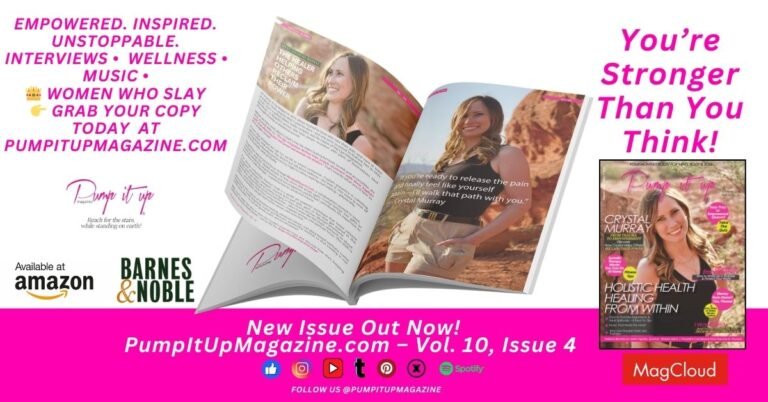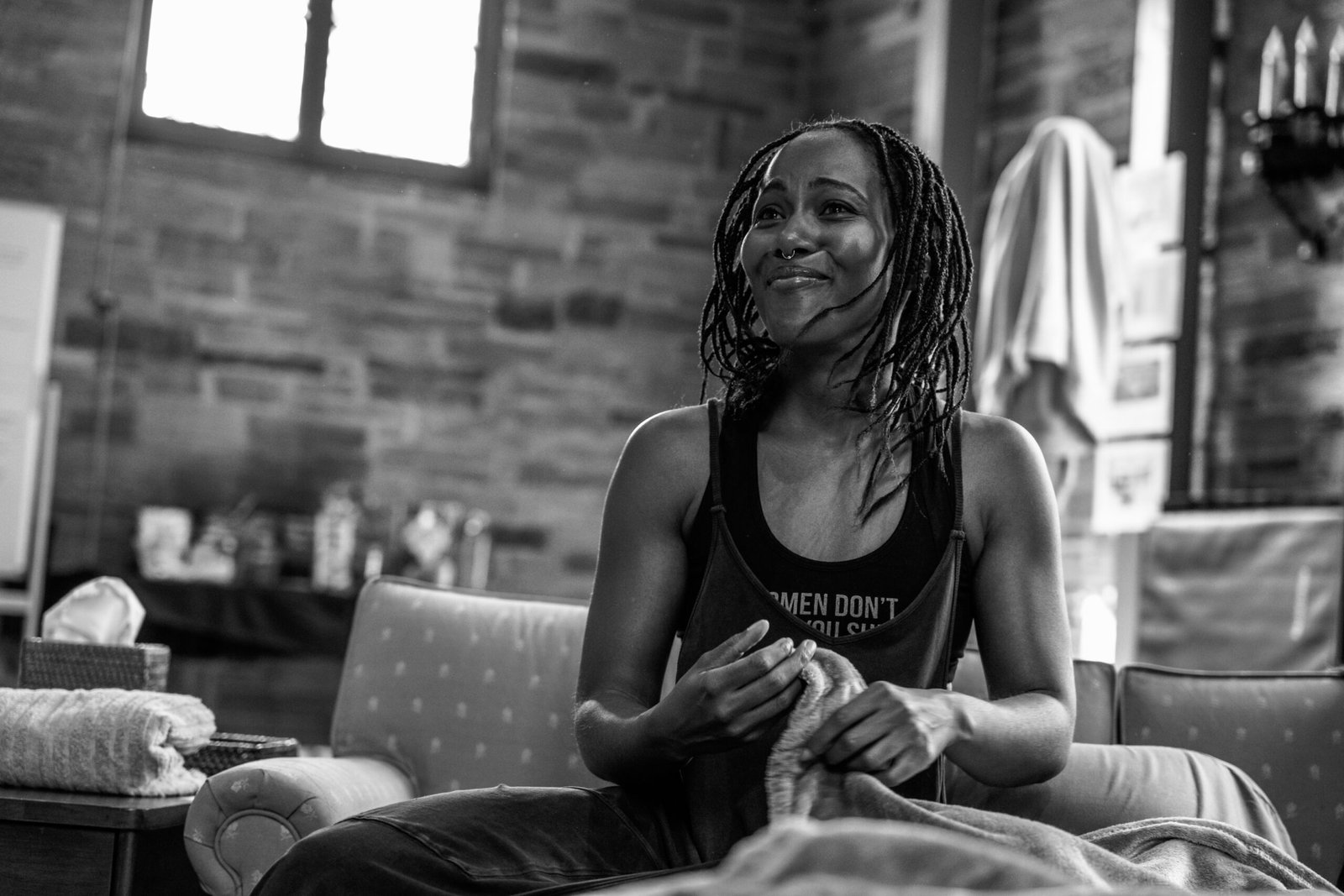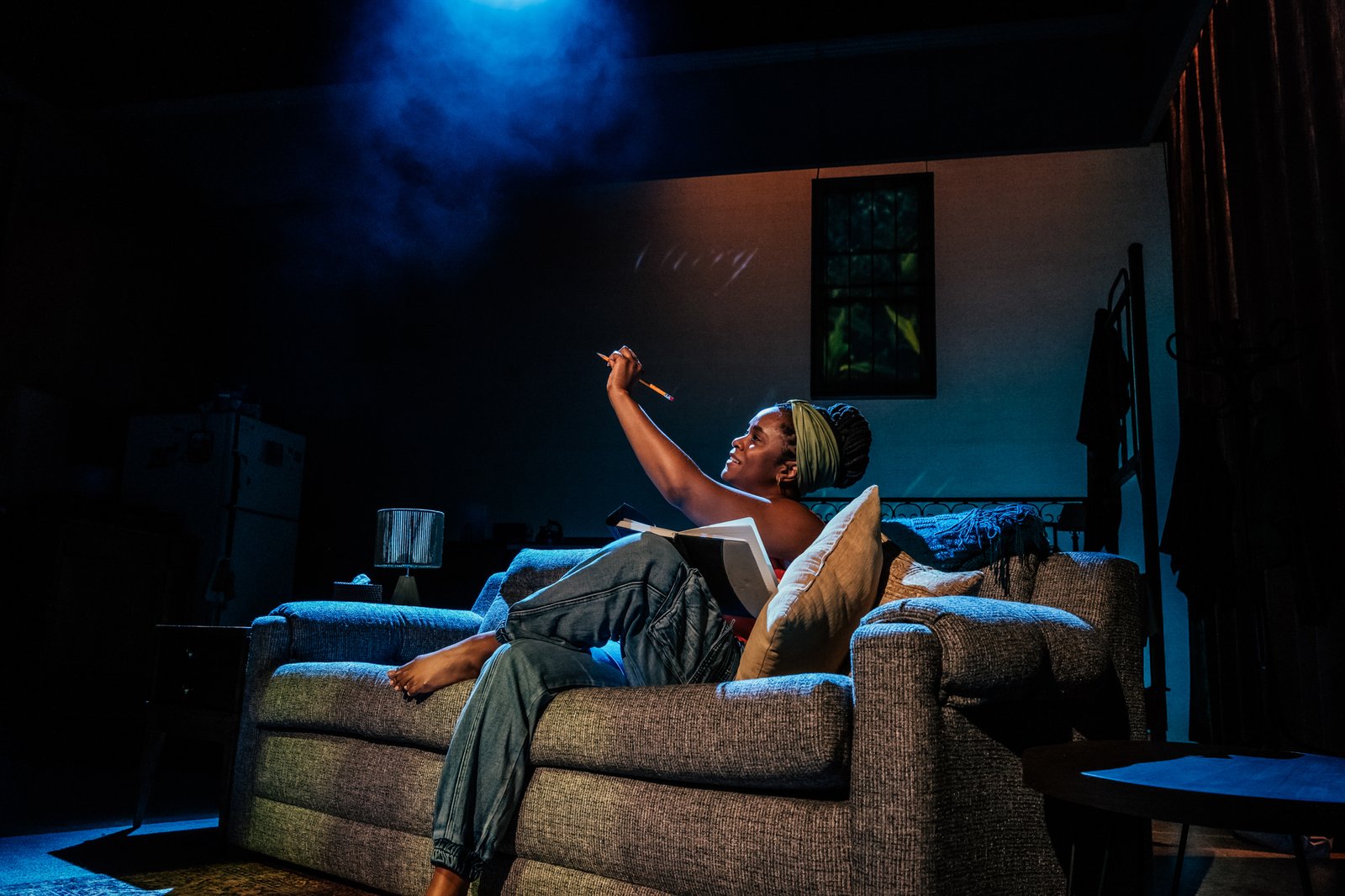The minute you start talking about any type of “greatest” list, the notion immediately invites loud debate. Billboard’s tally of the 35 greatest R&B artists of all time is no exception. Naysayers will no doubt quickly note the absence of Rihanna, whose impressive success is more heavily rooted in pop than R&B. And those singers whose iconic status stemmed primarily from fronting groups rather than as a solo artist were not included. Among other factors taken into consideration: game-changing influence and enduring musical legacy.
35. Etta James
Best known for her indelible 1961 version of wedding standard “At Last,” Etta James first took off in 1955 with the R&B chart-topper “The Wallflower.” Her gutsy, take-no-prisoner vocals colorfully interpreted everything from blues and R&B/soul to rock n’roll, jazz and gospel. Among other catalog notables: “If I Can’t Have You,” “Tell Mama” and “I’d Rather Go Blind.” Portrayed by Beyoncé in the 2008 film Cadillac Records, James released her last album in 2011 (The Dreamer) — the same year that DJ Avicii (“Levels”) and Flo Rida (“Good Feeling) sampled her ’62 hit “Something’s Got a Hold on Me.” James died in 2012.
34. Jill Scott
Armed with a distinctive style melding R&B, jazz, hip-hop, spoken word, opera, country and other influences, Philadelphia native Jill Scott uses her soaring soprano to color in stories about female empowerment and love. Making her head-turning debut in 2000 with the platinum-selling Who Is Jill Scott? Words and Sounds Vol. 1, the singer/songwriter/actress has kept the R&B fires burning of late with back-to-back No. 1 albums The Light of the Sun and Woman.
33. Maxwell
Maxwell collaborated with songwriter/producer Leon Ware (Marvin Gaye) for his groundswell-building 1996 debut Maxwell’s Urban Hang Suite (featuring “Ascension,” “Sumthin’ Sumthin’”). Whether covering Kate Bush’s “This Woman’s Work” or the R. Kelly-penned “Fortunate” from the film Life, Maxwell brought a suave, sophisticated and sexy swagger to his role as an innovative foot soldier in the neo-soul movement. Taking an eight-year break after 2001 third album Now, the singer singlehandedly staged a soul revival with 2009’s BLACKsummers’night, spinning off the hits “Pretty Wings,” “Bad Habits” and “Fistful of Tears.”
32. D’Angelo
Credited as one of neo-soul’s leading progenitors, along with Erykah Badu, Maxwell and Lauryn Hill, D’Angelo wowed the industry and fans alike in 1995 with stunning debut album Brown Sugar (featuring the title track “Lady” and “Cruisin’”). With Prince, Al Green, and Raphael Saadiq as inspirational guideposts, the singer/songwriter/musician has since become the Haley’s Comet of music. The sexy crooner returned in 2005 with acclaimed Voodoo (“Untitled [How Does It Feel”]) and then waited nine years to release year’s Black Messiah. Those lengthy absences have done nothing to dilute D’Angelo’s solid reputation as a creative force influencing such next-gen acts as Frank Ocean.
31. Usher
Citing Michael Jackson as a major influence, singer/songwriter Usher notched his first R&B top 10 with “Think of You” in 1995. While second and third albums My Way and 8701 further built his artistic credentials, it was 2004 album Confessions — featuring the singles “Yeah,” “Burn” and “Confessions Part II” — that solidified the smooth-dancing tenor’s reputation as an influential force in his own right (mentoring artists including Justin Bieber). Usher has since taken excursions into dance and pop via subsequent albums, including Here I Stand and Looking 4 Myself.
30. Erykah Badu
Erykah Badu’s early 1997 debut, Baduizm, refreshingly reconfigured R&B, hip-hop, jazz and other elements into an alternative sound tagged as neo-soul. Badu’s insightful lyrics and textured vocals powered the No. 1 singles “On & On,” “Next Lifetime” and “Tyrone,” from her live album later that year. The Dallas native, whose catalog includes “Bag Lady,” “Love of My Life” with Common and “Window Seat,” has most recently collaborated with fellow alt-R&B progenitor Janelle Monae and released a remix of Drake’s “Hotline Bling.”
29. Tina Turner
With then-husband Ike, Tina Turner pumped out several classics in the ‘60s (“A Fool in Love,” “It’s Going to Work Out Fine”) before scoring dynamic success in 1971 with a fiercely energetic revamp of Creedence Clearwater Revival’s “Proud Mary.” In 1984 the former Anna Mae Bullock — who collaborated with Phil Spector in 1965 on the sonically packed “River Deep – Mountain High” — fully stepped out of Ike’s shadow into the solo spotlight with a cover of Al Green’s “Let’s Stay Together.” Her sexy and sassy comeback fully clicked that same year with now-signature anthem, “What’s Love Got to Do With It,” followed by “Private Dancer” and “We Don’t Need Another Hero.”
28. Sam Cooke
Former gospel singer Sam Cooke broke ground in 1957 with the R&B/pop crossover hit “You Send Me.” Setting the stage for such later soul disciples as Aretha Franklin, Al Green, Bobby Womack and Curtis Mayfeld, Cooke wrapped his smooth, melodic tenor around such unforgettable songs as “Chain Gang,” “Cupid,” “Having a Party” and “Another Saturday Night.” His pioneering stance also extended to the executive suite as the founder of a record label and publishing company. And his activism on the civil rights front resulted in the quiet protest song “A Change Is Gonna Come.”
27. Alicia Keys
Breakthrough singles “Fallin’” and “A Woman’s Worth” on 2001 debut album Songs in A Minor set the tone for Alicia Keys’ storied career. Mentored by Clive Davis, the singer/songwriter and accomplished pianist has racked up additional hits “You Don’t Know My Name,” “If I Ain’t Got You,” “Like You’ll Never See Me Again, “No One” and guest stint on Jay Z’s “Empire State of Mind.” Keys’ hallmarks are passionate vocals and a music style incorporating the influences of Donny Hathaway, Nina Simone and Prince.
26. Anita Baker
From the mid-‘80s through the mid-‘90s, Anita Baker’s expressive contralto was a constant fixture on the radio. Releasing her aptly titled debut album The Songstress (featuring “Angel”) in 1983, the singer/songwriter followed with platinum-selling sophomore set Rapture and a litany of hit singles (“Sweet Love,” “No One in the World,” “Giving You the Best That I Got,” “Body & Soul”). That, plus her early stint as lead vocalist for the band Chapter 8, cemented the former waitress’s standing in R&B history.
25. Donny Hathaway
Some 36 years after his untimely death, Donny Hathaway retains his reputation as a major influence among established and aspiring artists from Stevie Wonder and R. Kelly to India.Arie and Alicia Keys. Hathaway’s lithe vocals and skilled musicianship began drawing national attention in 1970 with “The Ghetto – Part 1.” His career soared after teaming with labelmate Roberta Flack on a series of duets (“Where is the Love,” “The Closer I Get to You”). His 1972 Live is considered one of the quintessential live albums ever recorded. He also co-wrote and performed the holiday standard “This Christmas.”
24. Isaac Hayes
Thanks to songs he and partner David Porter wrote for Sam & Dave (“Soul Man”) and others, Isaac Hayes was already a future Songwriters Hall of Fame inductee in the mid-‘60s. But the in-demand Stax Records session man didn’t stop there. His sonorous bass, shaved head and gold chains shook up the R&B status quo with the 1969 arrival of seminal debut album Hot Buttered Soul. Eschewing the standard three-minute single for 12-minute orchestral treatises (“Walk on By”) and similarly lengthy monologues (“By the Time I Get to Phoenix”), Hayes paved the way for disco and rap. His crowning achievement: the Academy Award-winning soundtrack for 1971’s Shaft.
23. Barry White
Barry White literally orchestrated a sea change for R&B in 1973. That’s when he created 40-piece backing band the Love Unlimited Orchestra (“Love’s Theme”), merging classical with R&B for the advent of disco. While also producing girl group Love Unlimited, the innovative maestro lent his mesmerizing bass-baritone to a string of romance-themed songs that well into the ‘90s: “Can’t Get Enough of Your Love, Babe,” “You’re The First, The Last, My Everything” and “Practice What You Preach.”
22. Patti LaBelle
Patti LaBelle, aka the Queen of Rock ‘n’ Soul, first gained notoriety in the ‘60s and ‘70s with girl groups the Bluebelles and Labelle (“Lady Marmalade”). Graced with a three-octave soprano, LaBelle stepped out as a solo act in 1977. Over the next two decades, she traversed R&B, gospel and dance and pop terrain with “If Only You Knew,” “You Are My Friend,” “New Attitude,” “Stir It Up” and “On My Own” — not to mention an electrifying version of “Somewhere Over the Rainbow.”
21. Beyoncé
Substitute R&B’s Destiny’s Child for The Supremes and it’s easy to see the parallels between Diana Ross’ superstar trajectory and Beyoncé’s. A compelling and creative force as the frontwoman for music’s last great girl group, Beyoncé hasn’t looked back since her solo album debut with 2003’s Dangerously in Love. Taking the gauntlet from Ross, Michael and Janet Jackson and aiming for the stratosphere, Beyoncé’s creative fearlessness and distinctive four-octave vocal range have tackled female sexuality/empowerment, love and relationships via a core R&B sound that adventurously integrates soul, funk, hip-hop, pop and other elements.
20. Mary J. Blige
Ever since first striking a chord in 1992 with “You Remind Me,” Mary J. Blige remains one of R&B’s most vital voices. Her gritty, arresting vocals and refreshing fusion of soul and hip-hop earned her the nickname Queen of Hip-Hop Soul. Influenced by Aretha Franklin, Chaka Khan and Gladys Knight, Blige has forged a singular connection with female fans with music that relates inspirational tales of joy and pain (“Real Love,” “Not Gon’ Cry,” “My Life,” “Be Without You”).
19. Chaka Khan
There was no denying the formidable presence of Chaka Khan when she and R&B/funk band Rufus bolted onto the scene in 1974 with the Stevie Wonder composition “Tell Me Something Good.” Between recording projects with the group, the Windy City native belted out the first in a parade of solo hits with the 1978 anthem “I’m Every Woman” followed by “What Cha’ Gonna Do For Me,” “Through the Fire” and the R&B/hip-hop reworking of the Prince gem “I Feel For You.” Khan’s powerhouse vocals netted the singer her first solo nomination this year for induction into the Rock and Roll Hall of Fame.
18. Diana Ross
As a member of Motown’s Supremes in the ‘60s, Diana Ross fronted one of the world’s most popular, top-selling girl groups, influencing next-gen acts En Vogue, TLC and Destiny’s Child. The distinctive stylist went solo in 1970 with “Reach Out and Touch.” From there, Ross graduated to diva and then icon status on the strength of such hits as “Ain’ No Mountain High Enough,” “Love Hangover,” “Upside Down” and “I’m Coming Out.” Along the way, the singer/actress mapped out the stardom blueprint for Beyoncé and a contingent of emerging female stars.
17. Janet Jackson
After a seven-year hiatus, Janet Jackson triumphantly returned in October with seventh chart-topping album Unbreakable — only the third act to score No. 1 albums in each of the last four decades. The project reunited Ms. Jackson with Jimmy Jam & Terry Lewis, the production team that formally launched her trendsetting solo career in 1986 with the No. 1 R&B single “What Have You Done For Me Lately.” Addressing social and sexual issues against a backdrop of R&B/funk/dance/rap, Jackson’s sultry vocals and sharp choreography have influenced Jennifer Lopez, Beyoncé and more — and scored the singer/songwriter a nomination this year for the Rock and Roll Hall of Fame.
16. Babyface
Known for his enviable hit list of writer/production credits for everyone from TLC, Usher and Toni Braxton to Whitney Houston, Michael Jackson and Beyoncé, Kenneth “Babyface” Edmonds became a winning artist in his own right in 1989 with the No. 1 single “It’s No Crime.” That was followed in short order by a string of hits through the ‘90s including “Tender Lover,” “Whip Appeal,” “Never Keeping Secrets” and “When Can I See You.” The multi-instrumentalist’s romantic, mellow tenor melded with Braxton’s deep alto on the Grammy-winning 2014 duets album Love, Marriage & Divorce.
15. R. Kelly
Picking up where Marvin Gaye left off, R. Kelly — formerly paired with backing group Public Announcement — took sexual healing to new heights beginning in the early ‘90s with songs like “Bump N’ Grind,” “Your Body’s Callin’,” “Down Low” and “Ignition (Remix).” Also adept at shifting effortlessly from party (“Step in the Name of Love) into spiritual mode (“I Believe I Can Fly”), the Chicago native flipped the switch with the guilty pleasure hip-hopera “Trapped in the Closet.” Kelly’s sinewy vocals and confident swagger, coupled with his skills as a songwriter/producer, have made him one of R&B’s most successful stars.
14. Luther Vandross
A backing vocalist for Chaka Khan, Diana Ross and Bette Midler as well as a featured singer with studio group Change, Luther Vandross broke through in 1981 with his first solo No. 1, “Never Too Much.” His silky tenor branded him the unofficial ambassador of sophisticated soul as his love-themed singles (“Stop to Love,” “Here and Now,” “Dance With My Father”) and duets (“If This World Were Mine” with Cheryl Lynn, “The Best Things in Life Are Free” with Janet Jackson) became fixtures on the R&B chart through 2003, two years before his death.
13. Curtis Mayfield
Curtis Mayfield first gained acclaim as a member of Chicago group The Impressions from the late ‘50s through 1970. During this period — the height of the civil rights movement — Mayfield helped pioneer the integration of social awareness into soul music (“People Get Ready,” “Keep on Pushing,” “We’re a Winner”). He then segued into an equally memorable solo stint that drew on his multiple skills as a singer, songwriter, musician and producer continuing to paint dynamic stories about racial injustice, poverty, drugs and love using a sonic palette of soul, R&B and funk. Chief among his output: the legendary Super Fly soundtrack.
12. Lionel Richie
Lionel Richie began romancing the ladies as leading man for Motown soul/funk band the Commodores (“Easy,” “Three Times a Lady,” “Still” and “Sail On”). Then the prolific songwriter cut loose as a solo act in the early ‘80s, crafting a series of love ballads (“Truly,” “Hello,” “Say You, Say Me”) and party jams (“All Night Long,” “Dancing on the Ceiling”) brought alive by the Alabama native’s smooth, easygoing vocals and piano-playing.
11. Bill Withers
Spiking his unique brand of R&B with gospel, blues and country, Withers was also a songwriting force to be reckoned with in the ‘70s. Before voluntarily walking away from the music industry in the mid-‘80s, the ex-Navy man and airline mechanic from Slab Fork, West Va., with the soulful vocal twang left a treasure trove of influential classics, among them “Ain’t No Sunshine,” “Grandma’s Hands” (sampled for the BLACKstreet hit “No Diggity”), “Lean on Me,” “Use Me” and “Lovely Day.”
10. Al Green
You can’t talk about soul music without devoting a good portion of the conversation to Al Green. When the sharecropper’s son teamed up in the ’70s with mentor/Memphis record producer Willie Mitchell, magic was sparked. His emotive, gospel-honed falsetto unerringly exuded the joy, ache and sexual tension that come with romance on such classics as “Tired of Being Alone,” “Let’s Stay Together,” “I’m Still in Love With You” and “Love and Happiness.”
9. Whitney Houston
Descended from R&B/gospel/pop royalty—mom Cissy (Sweet Inspirations member whose group did backing vocals for Elvis Presley and Aretha Franklin) and cousin Dionne Warwick — Whitney Houston hit the ground running in 1985 with debut single/first R&B No. 1 “You Give Good Love.” Her powerful, soaring four-octave mezzo-soprano netted Houston, aka The Voice, immediate superstardom through a spate of subsequent hits and top-selling soundtracks (The Bodyguard, Waiting to Exhale, The Preacher’s Wife). Her enduring legacy is credited with influencing such singers as Beyoncé and Jennifer Hudson.
8. Prince
Prince’s innovative fusion of R&B/soul, funk, jazz, rock and more put the singer/songwriter/multi-instrumentalist and hometown Minneapolis on the map in 1978 with “Soft and Wet.” Then it kicked in full force a year later with his first R&B No. 1 “I Wanna Be Your Lover.” Prince’s fearlessness — from his adventurous guitar riffs to his multi-personality vocals — is the propelling force behind such seminal albums as 1999, Purple Rain, Sign O the Times and Diamonds and Pearls.
7. Marvin Gaye
Marvin Gaye’s sensuous tenor had already left an impressive imprint during a ‘60s run that included engaging duets with Tammi Terrell and a spirited revamp of “I Heard It Through the Grapevine.” Then the preacher’s kid answered his true calling — and redefined R&B/soul — with the socially themed 1971 landmark album What’s Going On. Gaye’s battle between spirituality versus sexuality erupted on the provocative follow-up Let’s Get It On. He soared back into limelight in 1983 with “Sexual Healing” and — at the opposite end of the spectrum — a soulful reading of the National Anthem. Still a formidable influence after his tragic 1984 death, Gaye made headlines last year when his “Got to Give it Up” was the focus of a sampling lawsuit involving Robin Thicke’s “Blurred Lines.”
6. James Brown
The Godfather of Soul. Soul Brother No. 1. Hardest-working man in show business. James Brown was all that and more during a six-decade career that influenced the advent of funk and brought black pride into the musical conversation. Brown’s gritty, street-edged vocals — a cross between singing and talking — also laid the foundation for rap/hip-hop. And his high-energy concerts, capped by his dizzying dance moves and infamous cape routine, set the tone for Michael Jackson, among others.
5. Aretha Franklin
Twelve years after Ray Charles fathered the genre, gospel-reared singer/songwriter/musician Aretha Franklin took soul to unprecedented heights with her 1967 breakout “Respect.” Subsequent gems like “(You Make Me Feel Like) A Natural Woman,” “Think” and “Call Me” followed, as did the unquestionable sobriquet Queen of Soul. Franklin’s distinctive mezzo-soprano still reigns supreme, having recently reprised “Amazing Grace” for Pope Francis.
4. Ray Charles
Nicknamed “The Genius” for his skills as a singer, songwriter, musician and composer, Ray Charles set off a firestorm in 1955. That’s when he scored his first No. 1 single, “I’ve Got a Woman” — and simultaneously pioneered the soul genre with his game-changing combination of R&B, gospel and blues. Despite naysayers who tagged the booty-shaking blend as blasphemous and sexually suggestive, Charles racked up such classics as “Hallelujah I Love Her So,” “What’d I Say” and “Hit the Road Jack.”
3. Smokey Robinson
With his piercing green eyes, sweet falsetto and prolific pen, William “Smokey” Robinson has kept females swooning since the ‘60s when he and his group The Miracles helped put Motown on the map with such love-charged hits as “You’ve Really Got a Hold on Me” and “Ooo Baby Baby.” Then R&B poet laureate Robinson further stoked those romantic flames with a string of formidable solo hits including “Baby Come Close,” “Cruisin’” and “Being With You.”
2. Stevie Wonder
Over the course of his five-decade career, Steveland Morris has often been dubbed the eighth wonder of the world. Blind since birth but blessed with natural gifts as a singer, songwriter and multi-instrumentalist, Wonder is one of the few artists able to successfully transition from teen to adult stardom. Along his colorful journey, the Motown mainstay churned out a series of pioneering and still influential albums, including his signature masterpiece Songs in the Key of Life.
1. Michael Jackson
A dynamic force as the pre-teen frontman of chart-topping family group The Jackson 5, Michael Jackson moonwalked his way into solo superstardom. More than 30 years after its debut, the singer/songwriter’s multi-platinum Thriller remains one of the best-selling albums of all time. Between his supple tenor and mesmerizing footwork, Jackson reigns as the ultimate showman influencing current (Usher, Chris Brown, Justin Timberlake) and future generations.













